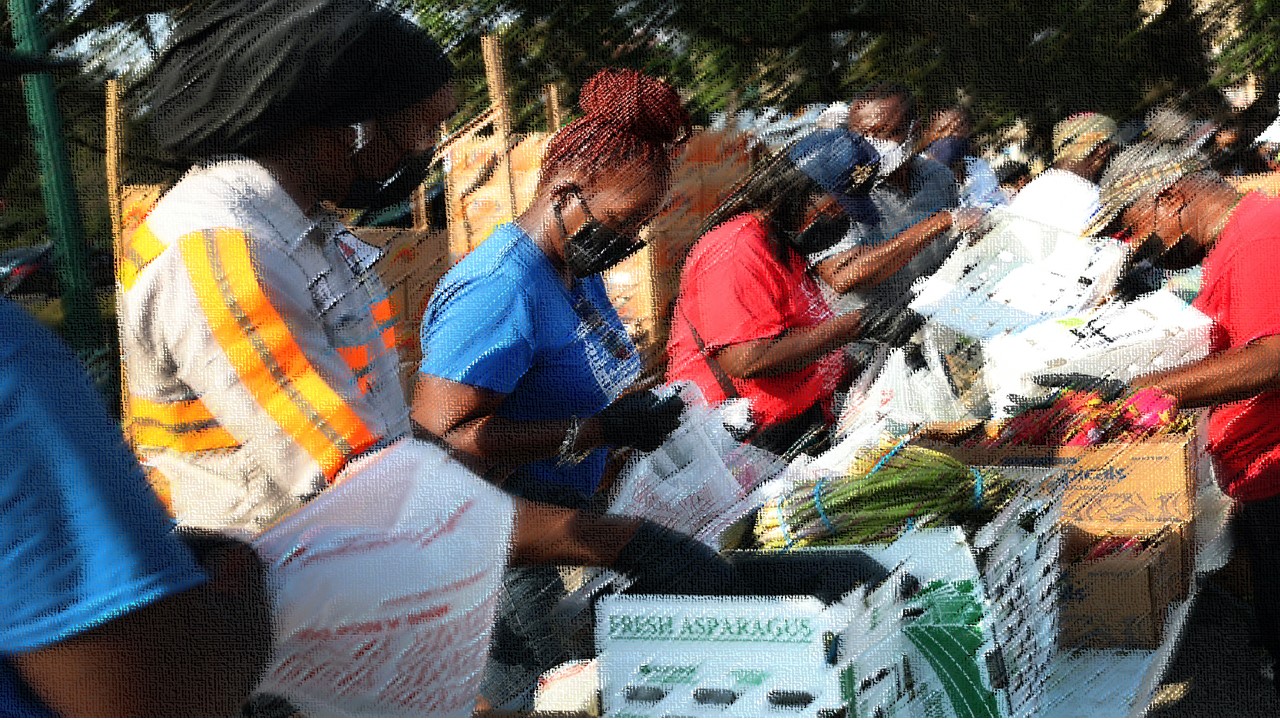A new study by Anna Gassman-Pines, Associate Professor in the Sanford School of Public Policy at Duke, finds that parents' and children’s distress and food insecurity (FI) both spiked with COVID-19 school closures in March 2020, but families recovered from the spike in FI in the months that followed, as food insecurity decreased most among those who received the local food assistance program. Most measures of parents’ psychological distress remained elevated over time as parents sought to juggle child care and education demands and their own work, but parent depression or worry decreased as plans were made to address the immediate consequences of the pandemic. The data come from daily reports on FI and parent and child mood and behavior collected in a text message survey from January to May 2020 and administered to families participating in a local food assistance program in rural Pennsylvania. The study highlights the importance of food assistance programs in battling FI, particularly during the pandemic. Findings also suggest that expanding monetary support, such as the Child Tax Credit, to allow families to care for children at home without facing extreme income or productivity loss could alleviate parents’ anger and irritability related to the pandemic situation.
